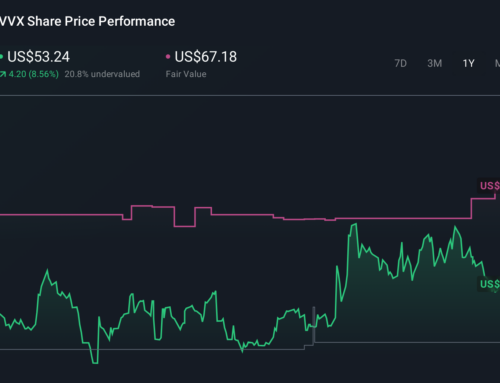Gulf states tap cheap Chinese batteries to power renewable ambitions
June 17, 2025

Saudi Arabia and the United Arab Emirates are taking advantage of falling prices to load up on Chinese-made battery energy storage systems, so they can boost their renewable energy ambitions.
Battery storage systems are seen as crucial to integrating solar and wind energy into electrical grids. The systems soak up excess power that can be released back into the system when renewable energy is not available — for example at night — and are one of the fastest-growing uses for batteries.
Oil-rich Saudi Arabia and the UAE had been slower to develop renewables than many countries that have to import energy. Saudi Arabia still burns oil to generate electricity, which accounted for just under half its power-generating capacity in 2023, according to BloombergNEF. The International Energy Agency’s latest data shows that the Middle East region accounts for 13 per cent of the world’s fossil fuel investments, but contributes just 2 per cent of those in clean energy.
However, the two Gulf nations have stepped up construction of solar power plants in recent years, eyeing an opportunity to export more fossil fuels and ease their reliance on imported gas. Riyadh has set itself an ambitious target of 50 per cent of energy use to come from renewables by 2030, while the UAE is aiming for a more modest 44 per cent from clean energy by 2050. Both will require battery energy storage to support their renewables targets, experts say.
Rystad Energy expects Saudi Arabia’s battery energy storage capacity to surpass 11 gigawatt hours (GWh) by the end of the year, from zero at the start of 2024. According to the consultancy, Saudi Arabia plans to have the world’s fifth-largest utility-scale battery storage capacity, after China, the US, Australia and the UK.

Meanwhile, the UAE has launched a “gigascale” solar and battery project in Abu Dhabi, which is planned to provide baseload energy 24 hours a day. The plant will have a 19GWh battery storage system, and is a partnership between utility Emirates Water and Electricity Company and renewables group Masdar. Abdulaziz Alobaidli, Masdar’s chief operating officer, says it is the company’s “largest and most ambitious project to date”.
The latest advances in Chinese battery technology have made the systems better suited for deployment in the Gulf’s harsh conditions, experts say, with the batteries now housed in containers that can be cooled and protected from dust.
“First it was solar technology to change. That’s got so much cheaper,” says Dave Jones, director of global insights at think-tank Ember. “And now the battery technology has actually improved in itself.”
Jones says battery units produced in China have improved “by an order of magnitude” over the past two years, and there has been a “remarkable fall” in price thanks to factors such as a greater supply of crucial element lithium than had been previously anticipated.
Battery cell prices fell to an “unsustainably low level” in 2024, of $50 per kilowatt hour, according to industry think-tank Volta Foundation. These rock bottom prices made competition ever fiercer and discouraged investment, Volta says. With China dominating the supply chain, it drove some companies to diversify overseas, where they could command higher profit margins.
But for Saudi Arabia, cratering battery prices have been a boon. Rystad estimates the cost of installing battery energy storage is far lower than in Europe or the US, because Chinese suppliers charge less and workers are paid less. While building a kilowatt-hour’s worth of battery energy storage in Europe or the US costs about $250, Rystad estimates in Saudi Arabia it is less than $200.
Chinese battery maker BYD, whose electric vehicles are popular in the region, dominates the market in Saudi Arabia. It supplied the equipment for what is said to be the world’s “largest single-phase grid-connected energy storage project” in Bisha, in Saudi’s Asir region. The 2.6GWh project connected to Saudi’s grid early this year. BYD has also signed a contract with the Saudi Electricity Company for a 12.5GWh energy storage project.
Marek Kubik, director of energy storage at Saudi’s Neom megaproject, estimates the Bisha project “could supply over 90,000 US homes for a whole day off one single charge”.
Meanwhile, technology for Abu Dhabi’s round-the-clock solar and battery project will be provided by Chinese battery maker CATL, whose listing in Hong Kong in May was the world’s biggest so far this year. Kuwait’s sovereign wealth fund was among the cornerstone investors.
Search
RECENT PRESS RELEASES
Related Post




